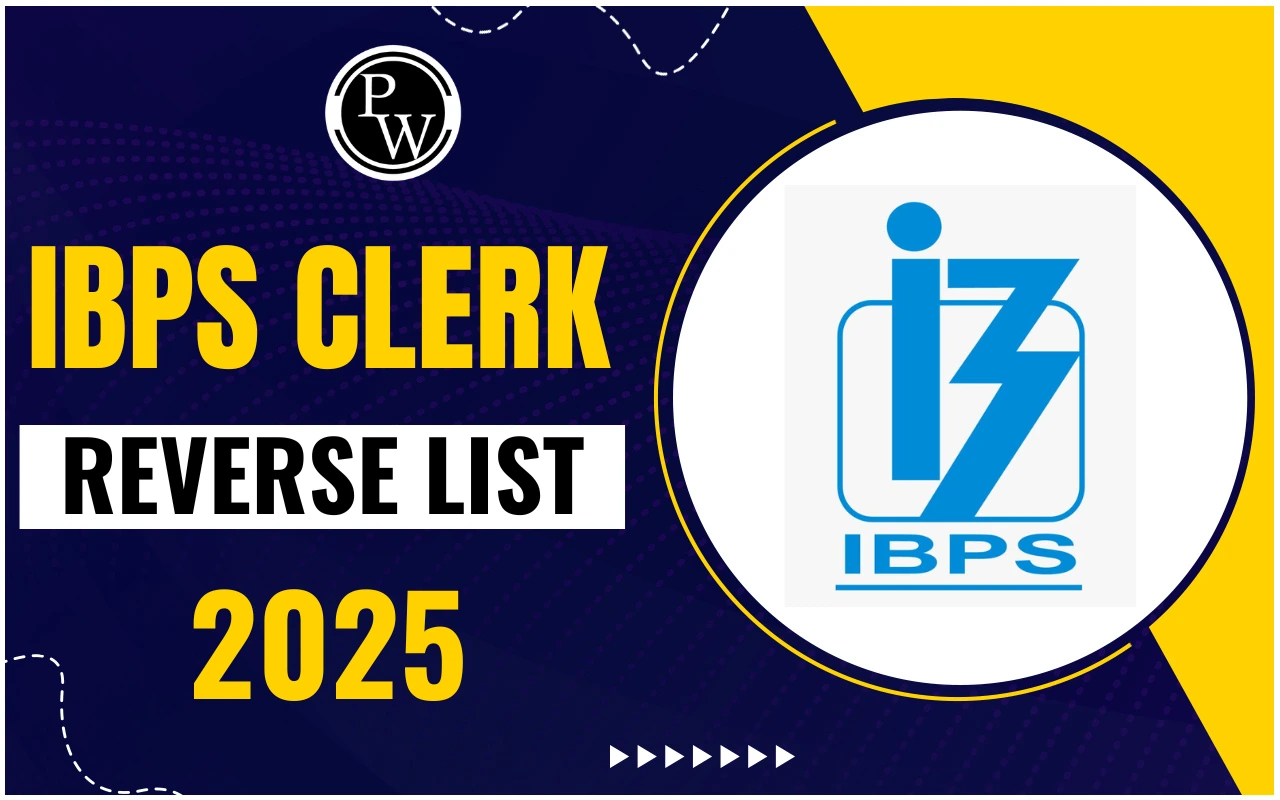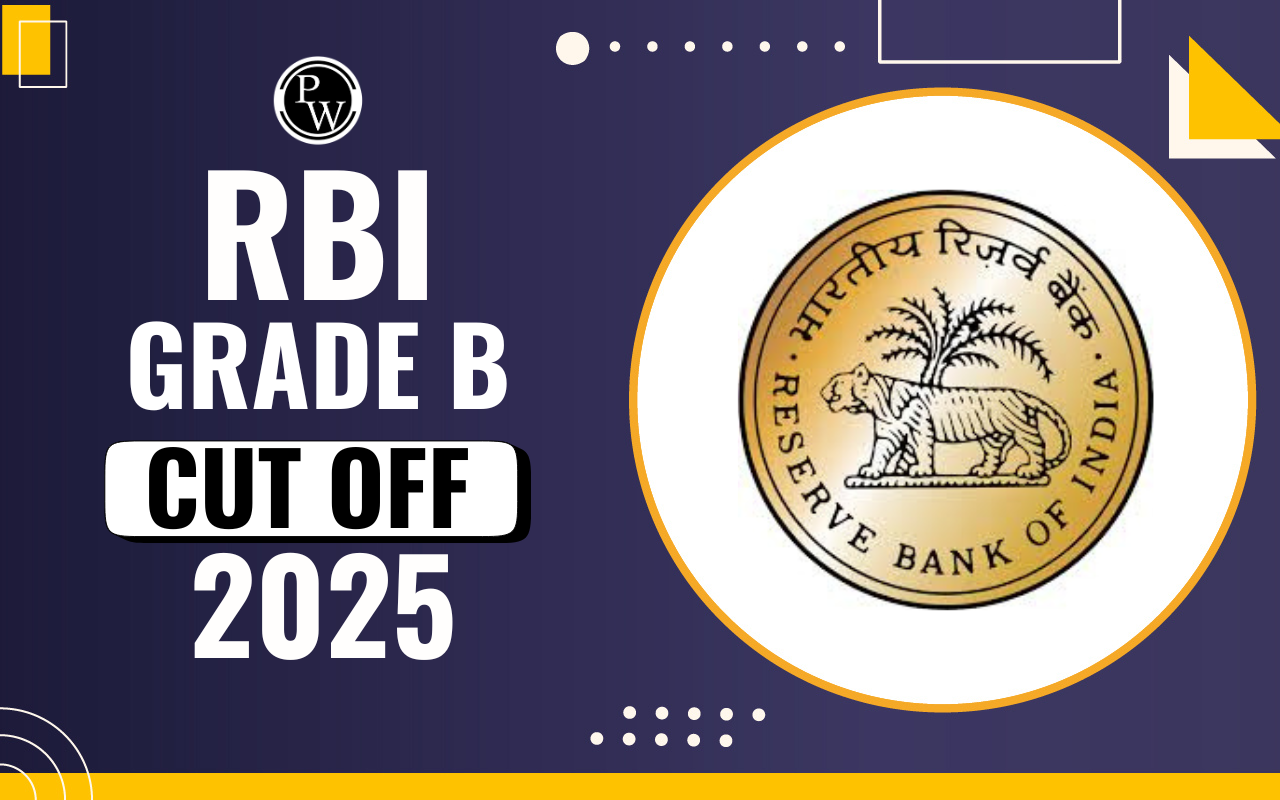
Sovereign Gold Bond Scheme
Sovereign Gold Bond Scheme: A sovereign gold bond (SGB) is a government security valued in grams of gold, serving as an alternative to owning physical gold. Investors participate in these bonds during the scheme's opening and redeem them upon maturity. The Sovereign Gold Bond scheme is overseen by the Reserve Bank of India on behalf of the Government of India.
A Gold Bond is a government-supported investment where people can buy and own gold in a digital form. Unlike actual gold, these bonds aren't physical items, and the investor doesn't get the physical gold. Instead, the government provides the investor with a document representing a certain amount of gold. Gold bonds give investors a safe and convenient way to invest in gold without having to deal with storage, security, or additional costs like making charges.
Sovereign Gold Bonds in India
Gold has always been a favored investment in India due to its cultural and practical importance. The introduction of gold bonds in 2015 has added to this popularity. India is recognized as one of the largest gold markets globally, and gold bonds have become a modern investment choice for everyday investors. Since their introduction, the Indian government has issued several rounds of gold bonds, and these have been well-received by investors.
Sovereign Gold Bond Scheme Background
In 2015, the Indian government started a plan called the Gold Monetisation Plan and introduced Sovereign Gold Bonds. These bonds will be issued every month from October 2021 to March 2022. The Indian Reserve Bank, in collaboration with the government, releases these bonds in different parts as part of this plan.
These Sovereign Gold Bonds will be valued in amounts starting from 1 gram. They will pay an interest of 2.50% per year, given twice a year based on the net value. The bonds last for 8 years, and you can choose to exit in the fifth, sixth, or seventh year on interest payment dates. Individuals can subscribe to a maximum of 4 kg, households can subscribe to 4 kg, and trust funds and similar organizations can subscribe to 20 kg. If the bonds are found, the 4 kg limit applies only to the first applicant.
These gold securities will be released like stocks under the Federal Securities Act of 2006, and investors will receive a Carrying Certificate.
In India, gold is considered auspicious, and people buy it not just for its market value but also as an investment during special occasions. Sovereign Gold Bonds, issued by the Indian Government and the Reserve Bank, provide a way to invest in gold without having to physically own it, and they come with lower market risks.
What Are Sovereign Gold Bond?
Sovereign Gold Bonds are like special savings plans started by the Indian government in 2015. Instead of buying physical gold, you invest in government securities, and they represent grams of gold. You pay for these bonds in cash, and when they mature, you get your money back in cash.
Eligibility for Sovereign Gold Bond Scheme
To participate in the Sovereign Gold Bond Scheme, individuals need to meet straightforward eligibility criteria:
- Indian Residents: The scheme is exclusively available to Indian residents, as defined by the Foreign Exchange Management Act of 1999.
- Individuals/Groups: Indian residents, including individuals, associations, trusts, HUFs, and other entities, are eligible to invest in the scheme. Collaborative investments with other eligible members are also allowed.
- Minors: Guardians or parents can acquire these bonds on behalf of minors.
Features and Benefits of Sovereign Gold Bond Scheme
The Sovereign Gold Bond Scheme offers numerous benefits, making it an attractive investment option:
- Gold Denomination: Bonds are available in various weight denominations, starting from 1 gram, providing flexibility to meet individual investment needs.
- Format Options: Investors can hold these bonds in physical or Demat form, choosing the option that suits them best.
- Flexibility: The scheme offers flexible investment opportunities, allowing investors to choose the amount they want to invest.
- Interest Earning Opportunity: Investors have the potential to earn interest annually on their investments.
- Interest Rate: The Indian Reserve Bank provides an annual interest rate of 2.50%, paid biannually, with returns linked to the prevailing market gold price.
- Safety: Sovereign gold securities, being government-backed, are considered safe, eliminating the risks associated with physical gold, such as theft.
- Purity Assurance: The government guarantees the purity of the gold, providing assurance to investors.
- Maturity Period: The scheme has a fixed 8-year maturity period.
- Gift/Transfer Option: Investors can gift or transfer these securities to others, subject to meeting eligibility requirements.
- Premature Withdrawal: Premature withdrawal is allowed after 5 years.
- Loan Collateral: Shareholders can use these bonds as collateral for loans.
- Simple Implementation Process: Financial institutions and post offices facilitate a straightforward and quick implementation process.
- Multiple Payment Modes: Bonds can be purchased using various payment methods, including cheques, cash, DDs, and electronic transfers.
- Nomination Facility: The scheme allows for nomination, adhering to legal requirements.
- Tradability: Investors can trade these bonds on stock markets, following Reserve Bank of India guidelines.
- Valuation in Grams: Valuation is measured in multiples of grams, with the smallest unit being one gram. Individual investors can purchase up to four kilograms, while trusts and universities can acquire up to 20 kilograms.
- Eligibility Requirements: Available to any Indian resident, including individuals, HUFs, trusts, charitable organizations, and universities.
- Interest Rate: The Indian Reserve Bank offers an annual interest rate of 2.50%, paid biannually, linked to the market gold price.
- Maturity Period: Gold bonds have an eight-year maturity period, with the option to exit after the fifth year.
- Documentation: KYC documents such as driver’s license, passport, voter ID, or PAN card are required for purchasing gold securities.
- Bond Issuance: According to the GS Act of 2006, gold bonds are released on trust for the benefit of the Indian Reserve Bank by Indian Government Stocks. Investors receive a Holding Certificate, convertible into Demat form.
- Taxation: Interest on gold bonds is subject to taxation under the Income Tax Act of 1961. Capital gains during redemption are exempt from taxation, with indexation benefits for long-term gains.
- Redeemable Price: The redeemable price, in rupees, is based on the estimated closing prices of 999 purity metal over the previous three days.
Advantages of Sovereign Gold Bonds
- Indexation Benefit: Investors receive indexation benefits if transferring bonds before maturity, with a sovereign assurance on investment earnings and redemption money.
- Trade Opportunities: Investors can trade gold securities on different stock exchanges after five years.
- Loan Collateral: Some banks accept Sovereign Gold Securities as leverage or security against secured loans.
Why Are Sovereign Gold Bond Safe?
These gold bonds are considered safe because they are less affected by market changes. The government sets a specific time frame for selling these bonds, and they're released to investors in batches every few months.
Who Can Invest in Sovereign Gold Bond ?
Anyone can invest in Sovereign Gold Bond Schemes, and they are especially good for people who don't want a lot of risk in their investments but still want a good return. They're open to individuals, families, trusts, universities, and charitable institutions.
Why Invest in Sovereign Gold Bonds?
There are some cool reasons to invest in these bonds:
- They can be used as collateral for loans.
- You can buy them with cash or through various ways like demand draft, cheque, or e-banking.
- You can convert them into DEMAT.
- Since they're issued by the Government of India, they're considered very secure.
- The interest you earn on these bonds might be subject to taxes, but they're still a good investment.
- You don't have to worry about storing physical gold, and there are no extra costs or worries about the purity of the gold.
So, investing in Sovereign Gold Bonds is a smart move if you want a safe and hassle-free way to own some gold.
What is a Gold Bond?
A Gold Bond is like a digital way to invest in gold without actually having physical gold. The government issues these bonds, and they are measured in grams of gold, where 1 Bond equals 1 Gram of gold. The bond's price is determined based on the average closing price of 999 purity gold in the three working days before the subscription period.
How do Sovereign Gold Bonds Work?
When people buy a gold bond, they are essentially lending money to the government in exchange for a fixed interest rate of 2.5% per year, paid twice a year. The bond lasts for 8 years, but you can choose to end your investment after five years. When the bond matures, you get the current market price of gold along with the interest payments.
Benefits of Investing in Sovereign Gold Bonds
Investing in gold bonds comes with several advantages. Firstly, it offers a secure way to invest in gold without dealing with physical gold storage. The hassles of keeping a locker and the risks of handling physical gold are avoided. Secondly, investors get a fixed interest rate of 2.5% per year in addition to the potential increase in the gold price, making it an attractive investment. The gold's purity is guaranteed, and these bonds can be used as collateral for loans from banks and financial institutions. Gold bonds are stored digitally in the investor's account.
Popularity of Sovereign Gold Bonds in India
Historical Significance of Gold in India: Throughout history, gold has held both artistic and financial value in India. For centuries, there has been consistent high demand for gold in various forms like jewelry, bars, and coins. Seen as a symbol of wealth and substance in Indian culture, gold is also used for special occasions and celebrations.
Comparison with Physical Gold and Gold Bonds/ETFs: Gold investment in India comes in two main forms - physical gold (jewelry, coins, or bars) and digital gold like Sovereign Gold Bonds (SGB) or Gold ETFs. While physical gold is bought and stored in homes or bank lockers, digital gold allows for convenient and tradable investments without the hassle of physical storage.
Government's Push for Gold Bonds: The Indian government has recently encouraged the use of gold bonds over physical gold. These bonds, backed by the government, provide an opportunity for investors to engage in gold without the challenges of storing and handling physical gold.
Reasons for Sovereign Gold Bonds Popularity
- Convenience and Safety of Paper Gold: Gold bonds are popular because they offer the convenience of "paper gold." Investors can invest in gold without worrying about the safety and storage of physical gold. The bonds are issued in DEMAT form, making them easy to hold and transfer.
- Tax Benefits: Gold bonds come with tax benefits, including exemption on capital earnings if held until maturity and indexation benefits if sold before maturity. However, it's important to note that the interest income from gold bonds is taxable under the "Other Source" category.
- Liquidity and Ease of Trading: Gold bonds are traded on stock exchanges, making them more liquid than physical gold. Investors can buy and sell these bonds on the exchange, providing the flexibility to sell before maturity if needed.
- Potential for Capital Appreciation: Investors in gold bonds have the opportunity for capital appreciation. The bond prices are linked to prevailing gold prices, allowing investors to profit from increases in gold prices.
- Diversification of Investment Portfolio: Gold bonds offer a straightforward way to diversify an investor’s portfolio, reducing risk. In volatile markets, they can act as a safe haven, providing stability to an investor’s overall portfolio.
How to Invest in Sovereign Gold Bond
Investment Options: To invest in Gold Bonds, you can buy them directly through various channels like Nationalized Banks, Scheduled Private Banks, Scheduled Foreign Banks, designated Post Offices, Stock Holding Corporation of India Ltd. (SHCIL), and authorized stock exchanges.
Eligibility: To invest in gold bonds, you should be a resident individual, HUF, trust, university, or charitable institution. Individuals residing in India as defined by the Foreign Exchange Management Act of 1999 are eligible to invest.
How to Apply for Sovereign Gold Bond
- Select a Platform: Decide where you'd like to apply for Sovereign Gold Bonds. You can do this conveniently online through various platforms, and some banks also provide this service.
- Provide Personal Information: After choosing your application platform, fill in essential personal details. This includes your name, address, and other necessary information.
- Complete KYC Process: Go through the KYC (Know Your Customer) process. This ensures the platform knows who you are and helps them comply with regulatory requirements.
- Choose Bonds and Quantity: Decide on the specific Sovereign Gold Bonds you want to invest in and determine the quantity. Bonds are usually issued in multiples of grams, allowing you to choose the amount according to your preference.
- Make Payment: To acquire the bonds, you'll need to make a payment. This can be done using cash, online banking, cheques, or demand drafts. Follow the payment instructions provided by the platform to ensure a smooth process.
- Receive Confirmation and Allotment: After completing your application and making the payment, you'll receive a confirmation. Following the allotment process, you'll be informed about the number of bonds assigned to you.
- Receive Bonds and Manage Holdings: The bonds will be issued to you, officially making you a bondholder. These bonds are typically held in electronic form (dematerialized or DEMAT), making them easy to manage.
- Receive Periodic Interest: As a bondholder, you'll receive periodic interest on the invested amount. This is usually paid semi-annually.
- Approach Maturity and Redemption: When the bonds reach maturity, you have the option to redeem them. This means you get back the money you invested. Sovereign Gold Bonds have a fixed tenure, and you can either cash them or choose to renew the investment.
- Stay Informed with Notifications: Keep an eye on notifications from the platform or bank regarding interest payments, maturity dates, and any other important information related to your Sovereign Gold Bonds.
Sovereign Gold Bond Minimum Investment
You can start with a minimum investment of one gram of gold. The maximum limits are 4 kilograms for individuals, 4 kg for Hindu Undivided Families (HUF), and 20 kg for trusts and similar institutions, as announced by the government each fiscal year (April to March).
Sovereign Gold Bond Holding and Trading
Gold bonds have an 8-year term, but you can trade them on the stock exchange before maturity. The bonds' price is linked to the prevailing gold price, and interest is paid semi-annually.
Sovereign Gold Bond Risks Involved
- Rate Risk: Gold bond values are affected by changes in gold rates. A decline in gold prices may lead to a drop in bond values and returns.
- Capital Gain: Exempt if held until maturity, but trading on an exchange before that date loses this exemption.
- Market Risk: Gold prices are influenced by market forces, and trading volumes can impact bond prices. Economic factors and global events can also affect gold bond values.
Sovereign Gold Bond Scheme Interest Rate
The government has established an interest rate for this scheme, and all investors are entitled to earn interest. The current annual interest rate is 2.50%, with interest payments made every six months. The final accrued interest is receivable along with the outstanding sum upon maturity. The government retains the flexibility to adjust this interest rate based on its policies.
Risk Associated with Sovereign Gold Bonds
Gold is a historically secure investment, and the risk associated with sovereign gold securities is typically minimal. However, as gold rates are influenced by market dynamics, any decline in prices could potentially pose a risk to one's capital, even for those who own physical gold. Despite fluctuations in market prices, investors can find reassurance in the fact that the quantity of gold acquired through these bonds remains constant.
Investing in gold has always been popular in India, and Gold Bonds make it more accessible. They offer security, convenience, and profitability without the need for physical gold holding. Gold Bonds provide a fixed interest rate, exempt from capital gains taxes if held till maturity. However, they come with risks, so it's crucial to understand the terms and conditions before investing.
Sovereign Gold Bond FAQs
Is sovereign gold bond a good investment?
What is sovereign gold bond scheme 2023-24?
What return can I expect from sovereign gold bonds?
Should you buy sovereign gold bonds?
Is SGB better than FD?









